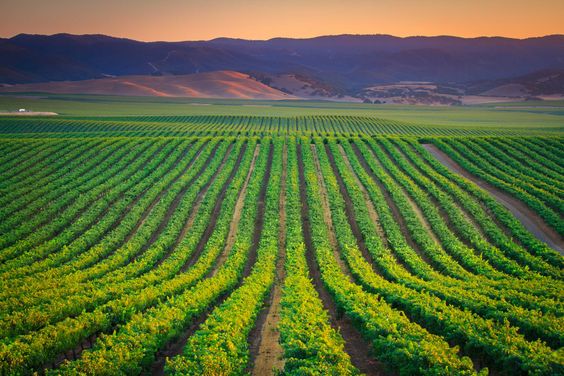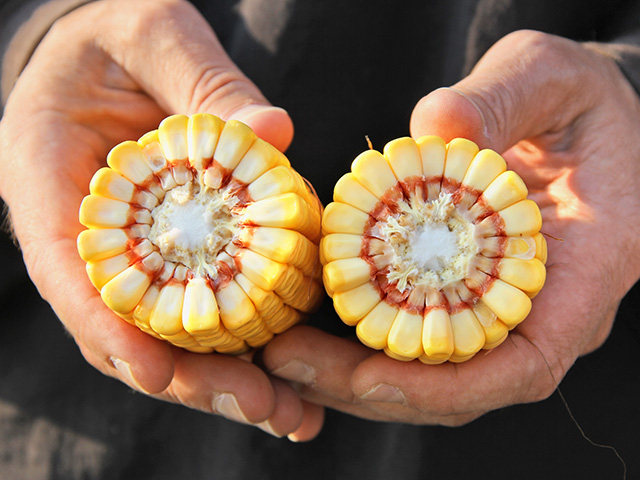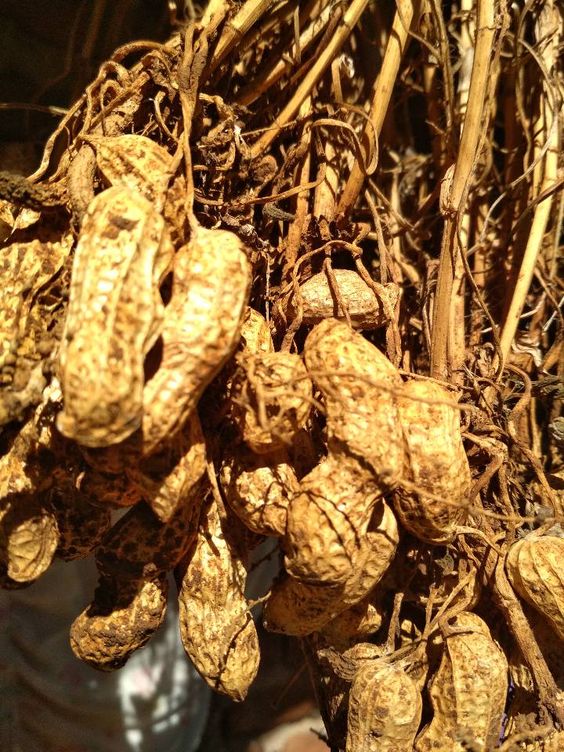Water Recycling in Agriculture : Harnessing a Precious Resource
Water Recycling in Agriculture, the backbone of civilization, faces a growing challenge: water scarcity. With a continuously increasing global population and changing climate patterns, competition for this vital resource intensifies. However, innovation offers a solution – smart agriculture, specifically through water recycling.
This article explores water recycling in agriculture, a key component of smart farming practices. We will delve into the benefits, different recycling techniques, considerations for implementation, and the role it plays in creating a more sustainable agricultural future.
Contents
The Need for Water Recycling in Agriculture
Agriculture is the world’s largest water consumer, accounting for around 70% of global freshwater withdrawals . Traditional irrigation practices often lead to water waste due to factors like evaporation, runoff, and inefficient delivery systems. This, coupled with factors like climate change and population growth, creates significant strain on water resources.
Water recycling in agriculture offers a compelling solution. By treating and reusing drainage water, agricultural runoff, and even wastewater, farmers can significantly reduce their reliance on freshwater sources. This not only conserves precious water but also contributes to environmental sustainability by reducing the impact of agriculture on freshwater ecosystems.
Benefits of Water Recycling in Agriculture
The benefits of water recycling in agriculture extend far beyond water conservation:
- Reduced Dependence on Freshwater Sources: By reusing water, farmers become less reliant on dwindling freshwater supplies. This is particularly crucial in drought-prone areas or regions with limited freshwater resources.
- Cost Savings: Freshwater acquisition can be expensive, involving pumping, treatment, and infrastructure costs. Water recycling reduces these expenses, improving farm profitability.
- Improved Soil Health: Recycled water can be rich in nutrients, potentially reducing the need for commercial fertilizers. This can lead to healthier soil, promoting long-term crop yields and improved soil structure.
- Reduced Environmental Impact: Excessive water usage can contribute to salinization and waterlogging of soils. Water recycling helps to mitigate these issues, protecting the environment and surrounding ecosystems.
- Drought Resilience: Implementing a water recycling system allows farms to become more resilient to droughts. With a stored reserve of treated water, farmers can continue to irrigate crops during dry periods, ensuring food security.
Techniques for Water Recycling in Agriculture
Several effective techniques are available for water recycling in agriculture. The choice of method depends on the type and quality of the water source as well as the specific needs of the farm.
- Drainage water recycling: This technique involves collecting drainage water from fields and treating it for reuse. Treatment may involve settling ponds, filtration systems, or even disinfection depending on the quality of the drainage water.
- Agricultural runoff recycling: Similar to drainage water recycling, this method focuses on collecting and treating runoff from fields before reapplying it for irrigation.
- Wastewater treatment for irrigation: Treated municipal wastewater can be a valuable source of recycled water for agriculture. However, stringent regulations and advanced treatment processes are required to ensure its safety for crops.
Additional Considerations:
- Water Quality Testing: Regular testing of the recycled water is crucial to ensure its suitability for irrigation. The presence of salts, pathogens, or other contaminants can be detrimental to crops and soil health.
- Nutrient Management: Recycled water may have different nutrient levels compared to freshwater. Farmers may need to adjust their fertilization practices accordingly.
- Infrastructure Investment: Implementing water recycling systems requires initial investment in infrastructure like collection ponds, treatment facilities, and piping networks.
Integration with Smart Agriculture
Water recycling aligns perfectly with the principles of smart agriculture. Smart agriculture utilizes technology and data to optimize all aspects of farm operations, including irrigation. By integrating sensors with a water recycling system, farmers can gain real-time data on soil moisture, enabling them to apply the precise amount of recycled water at the time it’s most needed.
This precision irrigation ensures that crops receive the optimal water content, enhancing crop health and yield while minimizing water waste. Additionally, smart monitoring systems can alert farmers to potential problems in the recycling system, allowing for prompt corrective action.
Conclusion: A Sustainable Future for Agriculture
Water recycling offers a powerful tool for building a more sustainable and resilient agricultural sector. By adopting this technology, farmers can not only conserve precious water resources but also improve soil health, reduce costs, and enhance long-term crop yields.
The integration of water recycling with smart agriculture creates a powerful synergy. Data-driven irrigation practices combined with a reliable source of recycled water optimizes water usage, ensuring a sustainable future for agriculture.
As water scarcity becomes an ever-present challenge, embracing water recycling practices is no longer an option but a necessity. By adopting these innovative techniques, farmers can ensure the long-term viability of their operations and contribute to a water-secure future for generations to come.




